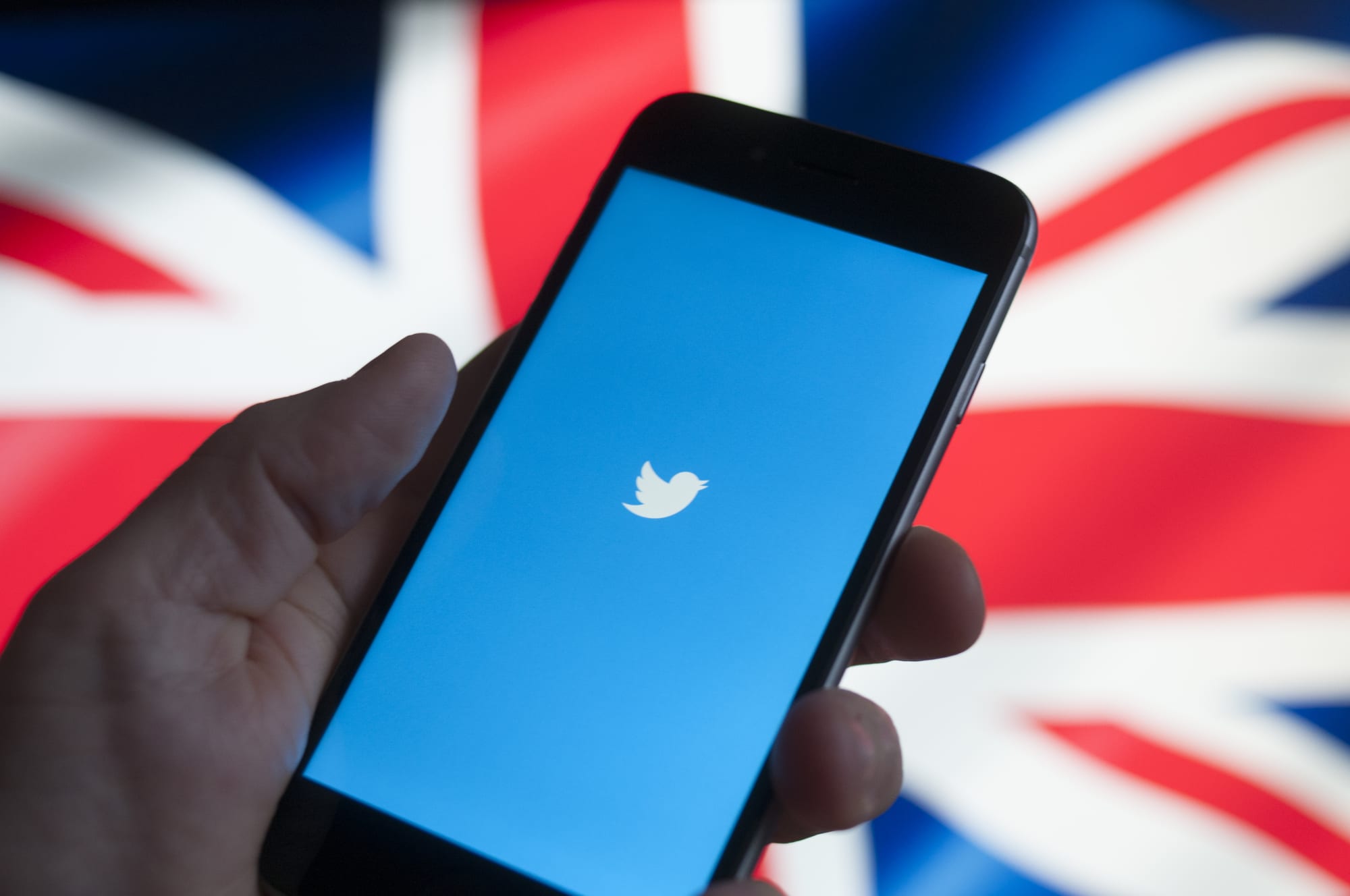Twitter told to dig deeper in Brexit interference inquiry


Twitter has been asked once again to comply with a request for information about possible interference on its platform during Britain's EU referendum. Back in October, the UK's Digital, Culture, Media and Sport (DCMS) select committee asked Facebook and Twitter to investigate the possibility of social and political engineering by Russia-controlled accounts. It followed research by a London university which found that 13,500 fake accounts had tweeted shortly before the vote in 2016.
Twitter has struggled to provide information, however, that satisfies the committee. In a letter dated January 19th, the company said it had contacted City University of London and examined its research. Of the accounts that were identified, only one percent were created by users in Russia. "While many of the accounts identified by City University were in violation of the Twitter Rules regarding spam, at this time, we do not have sufficiently strong evidence to enable us to conclusively link them with Russia," Nick Pickles, head of UK public policy for Twitter.
In its research, City University of London said it was concerned with the disappearance, or "sudden deactivation" of fake Twitter accounts following the referendum. In last week's letter, Twitter explained that 6,508 accounts were suspended prior to the research's publication, and that 99 percent of those suspensions were due to spam. Of the remaining (roughly 7,000) accounts, 44.2 percent (roughly 3,000) were deactivated permanently for unspecified reasons. A small number are still active.
Damian Collins, chair of the DCMS select committee, is unhappy with Twitter's response. His cross-party group wants to know how many accounts were controlled by Russia, regardless of where they were created. It's also demanding the number of accounts that share "characteristics" with those that have already been linked to Russia. "Even if you are yet to establish conclusively that that links exists," Collins adds. Of importance, according to the select committee, is whether the suspected bots were genuine users or not, "and who deleted the tweets from these accounts."
The ball is back in Twitter's court. Initially, the company had tried to swat away the inquiry by referring to its co-operation with a similar, but narrower investigation by the Electoral Commission. On December 13th, 2017, Pickles explained that it had reviewed Brexit-related advertising as per the Commission's instructions. It had identified one account, the Russian-funded RT network, which had spent $1,031.99 on six referendum-related ads visible to UK users. Collins wrote back the next day, however, calling the letter "completely inadequate." The DCMS select committee inquiry, he argued, was different and required a separate investigation.
Facebook is in a similar situation. On January 17th, however, the company agreed to re-open the investigation it had started for the Electoral Commission. "We are committed to making all reasonable efforts to establish whether or not there was coordinated activity similar to that which was found in the US and will report back to you as soon as the work has been completed," Simon Milner, UK policy director for Facebook said.
The DCMS committee is preparing to hold a fresh round of evidence-gathering sessions in Washington. On February 8th, representatives from Google, YouTube, Facebook and Twitter will be asked further questions about their platforms and the role they play in spreading misinformation.
Brexit interference through Facebook and Twitter is suspected but arguably unproven. Last November, UK Prime Minister Theresa May accused Russia in a speech at the Lord Mayor's Banquet: "(Russia) is seeking to weaponise information," she said. "Deploying its state-run media organisations to plant fake stories and photo-shopped images in an attempt to sow discord in the west and undermine our institutions."
Source: GOV.UK
via Engadget RSS Feed "http://ift.tt/2rCNgXm"
Comments
Post a Comment